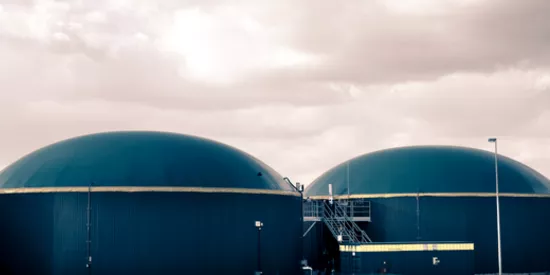
Cash management
What is Cash management?
Cash management refers to the short term operational cash flow management, including the monitoring, the analysis and the optimisation of the cash flow of a company.
The bank plays a key role during this operation, by transferring funds from one account to another to balance the cash flow. It requires transfers, foreign currency transactions, and possibly the use of derivatives (currency swaps).
Example
A company X has several subsidiaries around the world, and each one has one or more bank accounts denominated in different currencies. Some of the accounts may be overdrawn, others may have cash surpluses. In order to optimise cash flow, the bank will use the accounts with cash surpluses to cover the overdraft ones.
Another example would be cash pooling, which consist of pooling funds from different bank accounts into a single cash pool in order to better manage foreign currency flows and borrowing costs.
- If there is a cash surplus, the bank will invest this surplus in different products: loans, Treasury bills, commercial paper on behalf of the client.
- If there is a cash shortfall, the bank will refinance the client under the best possible conditions. This refers to liquidity management.
What is Liquidity management?
Companies want to manage their liquidity as efficiently as possible, especially those that operate in several countries and therefore hold accounts with many different banks. Managing liquidity in this way can be particularly complex.
Effective bank liquidity management relies on a centralised process to gain full visibility into the company's liquidity position. Liquidity management can be made more efficiently with the use of digital technologies and access to the sources of information about the corporate treasury departments.
What is Treasury management?
Liquidity management is a complement to Treasury management, which can be understood as the overall strategic management in the long term, including the planning, organisation and control of the holding of funds, or working capital, of a company.
The goal of these finance departments is to make the best use of funds and maintain liquidity to reduce the overall cost of obtaining funds and to mitigate operational and financial risks.
These activities therefore cover:
- working capital management
- currency management
- financial risk management
In simple terms, it is the management of all financial affairs of the company such as fundraising from various sources, currency management, cash flow and various financing strategies and procedures.
Our latest news and insights

By securing EUR 671 million in financing, Verdalia Bioenergy can continue its development through the construction and...

As global trade undergoes one of its biggest transformations in decades, transaction banking has become a strategic...

Welcome to this new whitepaper, in which we bring together four of today’s most pressing topics for corporate...